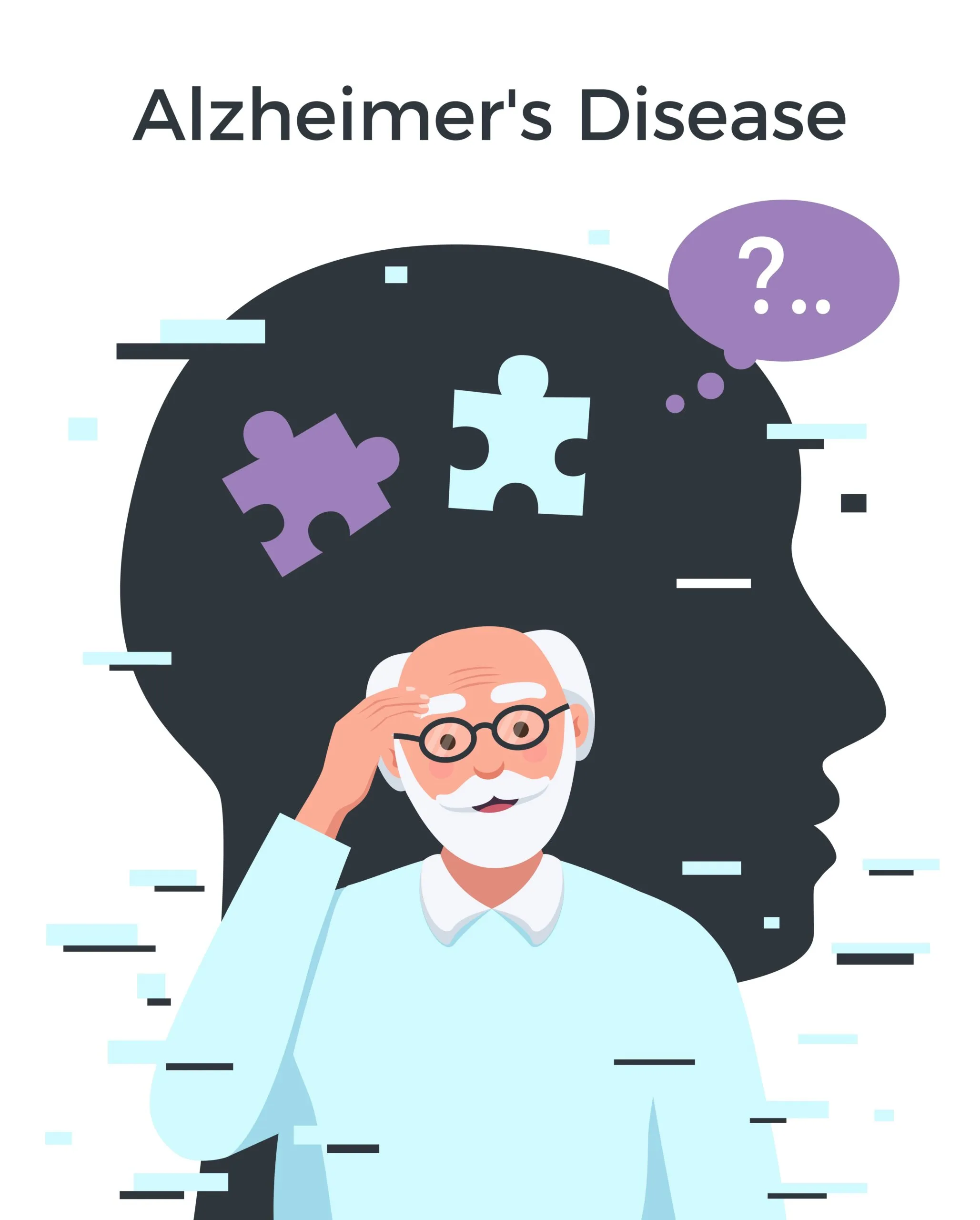Digital Cognitive Tests: A New Frontier in Early Alzheimer’s Detection
A recent study has illuminated the potential of digital cognitive assessments in identifying the earliest indicators of Alzheimer’s disease. This innovative approach could provide a significant advantage over traditional methods, potentially detecting the disease years in advance.
The Promise of Early Detection
Early detection is crucial in managing Alzheimer’s. The ability to identify the disease in its nascent stages allows for:
- Timely intervention and management strategies.
- Improved patient outcomes and quality of life.
- The opportunity to participate in clinical trials and explore emerging therapies.
How Digital Cognitive Assessments Work
Digital cognitive assessments leverage technology to evaluate various aspects of cognitive function. These tests often involve:
- Memory tasks.
- Attention exercises.
- Problem-solving challenges.
- Language comprehension assessments.
The data collected is analyzed using sophisticated algorithms to identify subtle cognitive changes that may be indicative of early Alzheimer’s.
Advantages Over Traditional Testing
Digital assessments offer several key advantages:
- Increased Sensitivity: They can detect subtle cognitive changes that may be missed by traditional tests.
- Accessibility: Digital tests can be administered remotely, making them more accessible to a wider population.
- Efficiency: They are often quicker and easier to administer than traditional neuropsychological evaluations.
- Objectivity: Automated scoring reduces the potential for subjective bias.
The Implications for Alzheimer’s Research
The findings of this study have significant implications for Alzheimer’s research. The use of digital cognitive assessments could:
- Accelerate the development of new treatments and therapies.
- Improve the design and execution of clinical trials.
- Lead to a better understanding of the underlying mechanisms of the disease.
Final Overview
Digital cognitive assessments represent a promising new tool in the fight against Alzheimer’s disease. Their ability to detect early signs of cognitive decline could revolutionize the way the disease is diagnosed and managed, ultimately leading to improved outcomes for patients and their families. As research continues, these assessments may become an integral part of routine medical care, helping to identify and address Alzheimer’s at the earliest possible stage.




+ There are no comments
Add yours